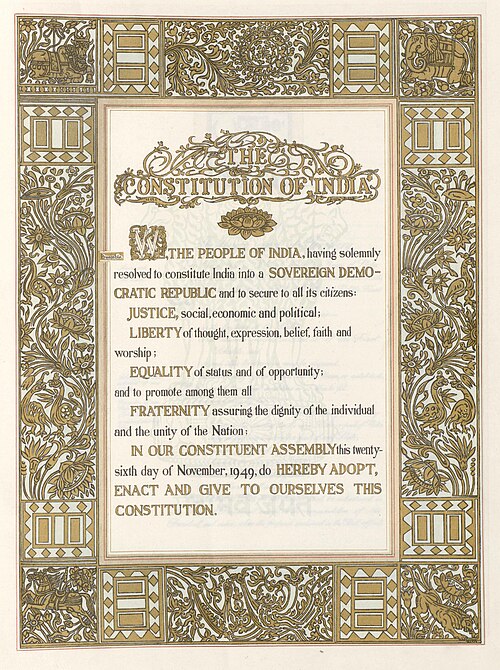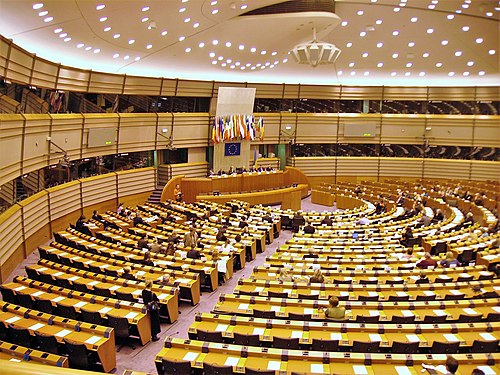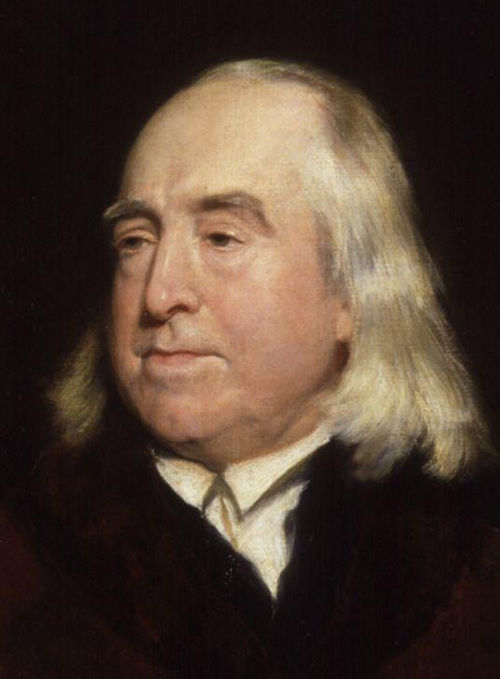Lawnoun
The body of binding rules and regulations, customs, and standards established in a community by its legislative and judicial authorities.
Lawnoun
The body of such rules that pertain to a particular topic.
Lawnoun
Common law, as contrasted with equity.
Lawnoun
A binding regulation or custom established in a community in this way.
Lawnoun
(more generally) A rule, such as:
Lawnoun
Any rule that must or should be obeyed, concerning behaviours and their consequences. mores.}}
Lawnoun
A rule or principle regarding the construction of language or art.
Lawnoun
A statement (in physics, etc) of an (observed, established) order or sequence or relationship of phenomena which is invariable under certain conditions. theory.}}
Lawnoun
A statement (of relation) that is true under specified conditions; a mathematical or logical rule.
Lawnoun
Any statement of the relation of acts and conditions to their consequences.
Lawnoun
(cricket) One of the official rules of cricket as codified by the its (former) governing body, the MCC.
Lawnoun
The control and order brought about by the observance of such rules.
Lawnoun
A person or group that act(s) with authority to uphold such rules and order (for example, one or more police officers).
Lawnoun
The profession that deals with such rules (as lawyers, judges, police officers, etc).
Lawnoun
Jurisprudence, the field of knowledge which encompasses these rules.
Lawnoun
Litigation, legal action (as a means of maintaining or restoring order, redressing wrongs, etc).
Lawnoun
An allowance of distance or time (a head start) given to a weaker (human or animal) competitor in a race, to make the race more fair.
Lawnoun
(fantasy) One of two metaphysical forces ruling the world in some fantasy settings, also called order, and opposed to chaos.
Lawnoun
An oath sworn before a court, especially disclaiming a debt. wager of law", "wage one's law", "perform one's law", "lose one's law".}}
Lawnoun
(obsolete) A tumulus of stones.
Lawnoun
A hill.
Lawverb
(obsolete) To work as a lawyer; to practice law.
Lawverb
To prosecute or sue (someone), to litigate.
Lawverb
(nonstandard) To rule over (with a certain effect) by law; govern.
Lawverb
(informal) To enforce the law.
Lawverb
To subject to legal restrictions.
Lawinterjection
(dated) An exclamation of mild surprise; lawks.
Lawnoun
In general, a rule of being or of conduct, established by an authority able to enforce its will; a controlling regulation; the mode or order according to which an agent or a power acts.
Lawnoun
In morals: The will of God as the rule for the disposition and conduct of all responsible beings toward him and toward each other; a rule of living, conformable to righteousness; the rule of action as obligatory on the conscience or moral nature.
Lawnoun
The Jewish or Mosaic code, and that part of Scripture where it is written, in distinction from the gospel; hence, also, the Old Testament.
Lawnoun
An organic rule, as a constitution or charter, establishing and defining the conditions of the existence of a state or other organized community.
Lawnoun
In philosophy and physics: A rule of being, operation, or change, so certain and constant that it is conceived of as imposed by the will of God or by some controlling authority; as, the law of gravitation; the laws of motion; the law heredity; the laws of thought; the laws of cause and effect; law of self-preservation.
Lawnoun
In mathematics: The rule according to which anything, as the change of value of a variable, or the value of the terms of a series, proceeds; mode or order of sequence.
Lawnoun
In arts, works, games, etc.: The rules of construction, or of procedure, conforming to the conditions of success; a principle, maxim; or usage; as, the laws of poetry, of architecture, of courtesy, or of whist.
Lawnoun
Collectively, the whole body of rules relating to one subject, or emanating from one source; - including usually the writings pertaining to them, and judicial proceedings under them; as, divine law; English law; Roman law; the law of real property; insurance law.
Lawnoun
Legal science; jurisprudence; the principles of equity; applied justice.
Lawnoun
Trial by the laws of the land; judicial remedy; litigation; as, to go law.
Lawnoun
An oath, as in the presence of a court.
Lawverb
Same as Lawe, v. t.
Lawinterjection
An exclamation of mild surprise.
Lawnoun
legal document setting forth rules governing a particular kind of activity;
Lawnoun
the collection of rules imposed by authority;
Lawnoun
a generalization that describes recurring facts or events in nature;
Lawnoun
a rule or body of rules of conduct inherent in human nature and essential to or binding upon human society
Lawnoun
the learned profession that is mastered by graduate study in a law school and that is responsible for the judicial system;
Lawnoun
the force of policemen and officers;
Lawnoun
the branch of philosophy concerned with the law and the principles that lead courts to make the decisions they do
Law
Law is a system of rules created and enforced through social or governmental institutions to regulate behavior, with its precise definition a matter of longstanding debate. It has been variously described as a science and the art of justice.
Constitutionnoun
The act, or process of setting something up, or establishing something; the composition or structure of such a thing; its makeup.
Constitutionnoun
(government) The formal or informal system of primary principles and laws that regulates a government or other institutions.
Constitutionnoun
(law) A legal document describing such a formal system.
Constitutionnoun
(dated) The general health of a person.
Constitutionnoun
(dated) A person's physique or temperament.
Constitutionnoun
The act or process of constituting; the action of enacting, establishing, or appointing; enactment; establishment; formation.
Constitutionnoun
The state of being; that form of being, or structure and connection of parts, which constitutes and characterizes a system or body; natural condition; structure; texture; conformation.
Constitutionnoun
The aggregate of all one's inherited physical qualities; the aggregate of the vital powers of an individual, with reference to ability to endure hardship, resist disease, etc.; as, a robust constitution.
Constitutionnoun
The aggregate of mental qualities; temperament.
Constitutionnoun
The fundamental, organic law or principles of government of men, embodied in written documents, or implied in the institutions and usages of the country or society; also, a written instrument embodying such organic law, and laying down fundamental rules and principles for the conduct of affairs.
Constitutionnoun
An authoritative ordinance, regulation or enactment; especially, one made by a Roman emperor, or one affecting ecclesiastical doctrine or discipline; as, the constitutions of Justinian.
Constitutionnoun
law determining the fundamental political principles of a government
Constitutionnoun
the act of forming something;
Constitutionnoun
the way in which someone or something is composed
Constitutionnoun
United States 44-gun frigate that was one of the first three naval ships built by the United States; it won brilliant victories over British frigates during the War of 1812 and is without doubt the most famous ship in the history of the United States Navy; it has been rebuilt and is anchored in the Charlestown Navy Yard in Boston
Constitution
A constitution is an aggregate of fundamental principles or established precedents that constitute the legal basis of a polity, organisation or other type of entity and commonly determine how that entity is to be governed.When these principles are written down into a single document or set of legal documents, those documents may be said to embody a written constitution; if they are encompassed in a single comprehensive document, it is said to embody a codified constitution. The Constitution of the United Kingdom is a notable example of an uncodified constitution; it is instead written in numerous fundamental Acts of a legislature, court cases or treaties.Constitutions concern different levels of organizations, from sovereign countries to companies and unincorporated associations.
































